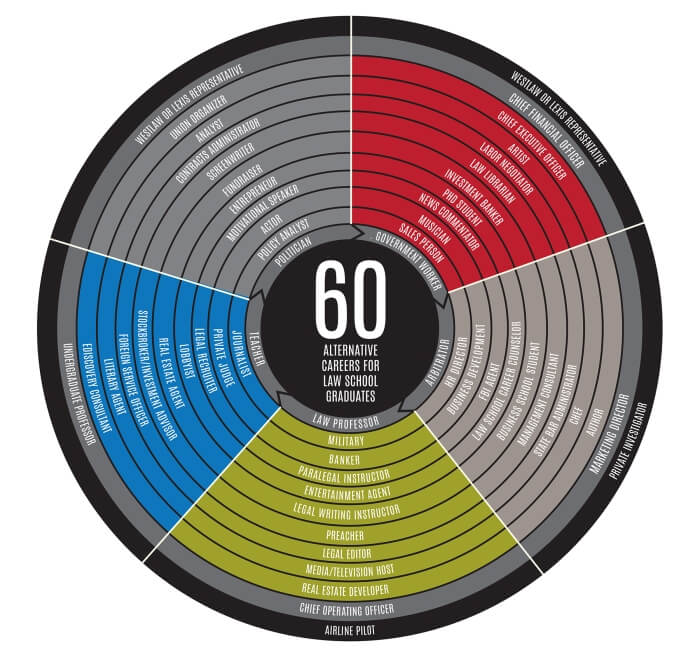
The NCBE said that since Enyart is working as a law clerk for Disability Rights Advocates in Berkeley she would not “suffer a hardship” by missing the upcoming exam and waiting a few months for the court to review the case. Enyart, a graduate of Stanford and UCLA Law, has used software that magnifies text on her computer screen and a program which reads questions into her ears throughout her academic career with no issues.
The NCBE believes the security of their exam will be compromised by allowing the use of the programs. On January 29 U.S. District Judge Charles Breyer ruled that the company could provide Enyart with her own computer to address security risks. The NCBE insists that Enyart is only entitled to “reasonable accommodation” under the Americans With Disabilities Act and that she needs to take the pencil and paper test with questions displayed on a large screen, a human reader, and twice the usual three day testing period.













































